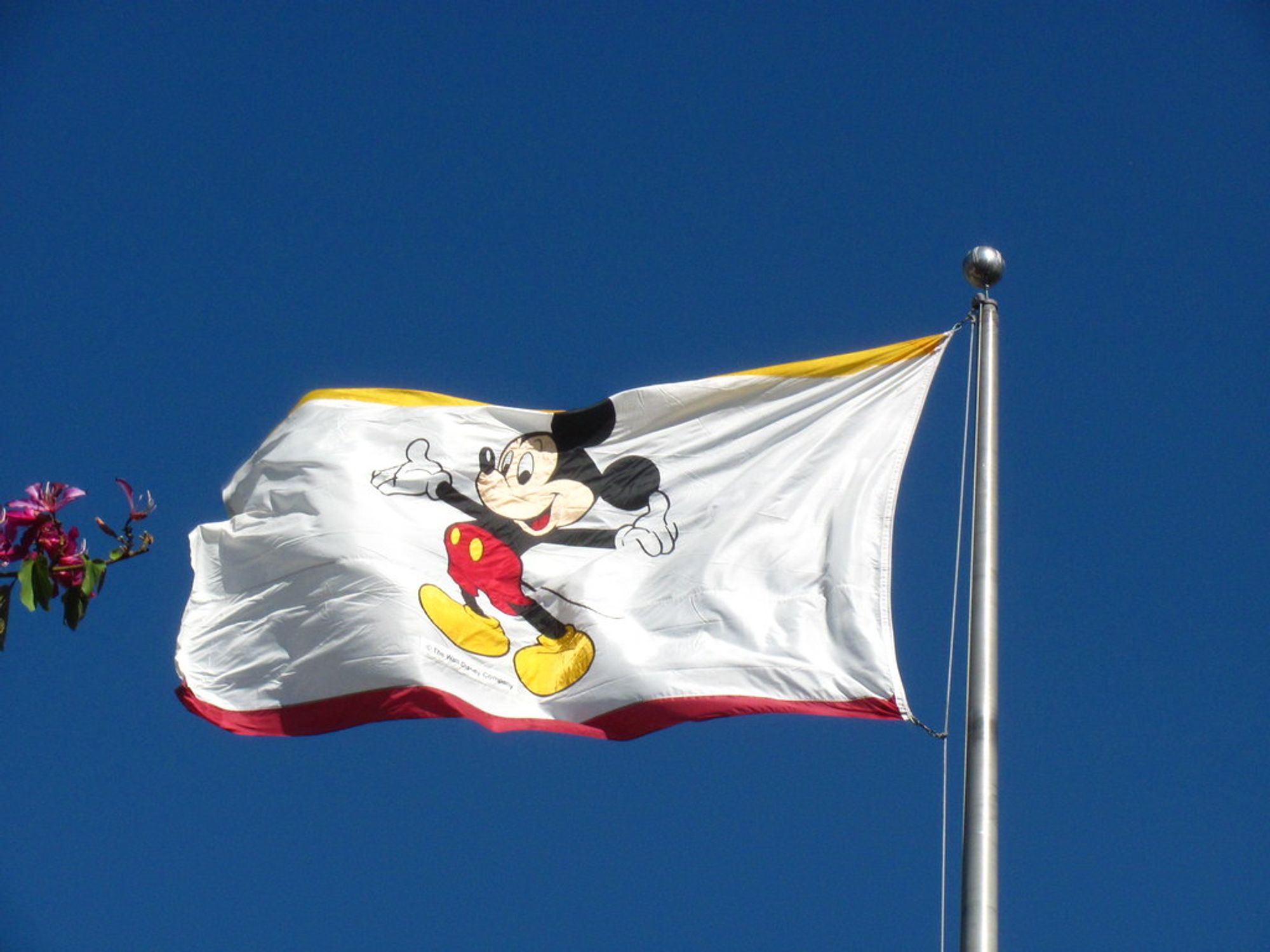Disney Plus Blows Past Expectations with 73M Subscribers
Sam primarily covers entertainment and media for dot.LA. Previously he was Marjorie Deane Fellow at The Economist, where he wrote for the business and finance sections of the print edition. He has also worked at the XPRIZE Foundation, U.S. Government Accountability Office, KCRW, and MLB Advanced Media (now Disney Streaming Services). He holds an MBA from UCLA Anderson, an MPP from UCLA Luskin and a BA in History from University of Michigan. Email him at samblake@dot.LA and find him on Twitter @hisamblake

- Streaming continues to outperform expectations, led by Disney Plus, where worldwide subscribers have grown past 73 million.
- Disney's other divisions remain in a tough spot, though live sports has helped the company's media networks division.
- The formerly lucrative amusement parks division's struggles continue, with Disneyland expected to remain closed until 2021, prompting chief executive Bob Chapek to take a shot at California Governor Gavin Newsom.
Disney Plus was the shining star for Disney's year-end earnings report on Thursday. Paid subscribers blew past expectations to 73 million as of October 3rd. Reported quarterly revenue of $14.7 billion beat Wall Street expectations, although it still represents a 23% decrease year-over-year.
Disney shares jumped by as much as 6% in after-hours trading on the news.
Part of Disney Plus' subscriber boost can be attributed to the July release of "Hamilton," anticipation for season two of "The Mandalorian" that began to roll out in October, and the move to bring "Mulan" to the platform for a $30 fee, rather than proceed with a (delayed) theatrical release.
The company did not provide specific figures for "Mulan" on Disney Plus, though chief executive Bob Chapek noted that its performance suggests "we've got something here in terms of the premier-access strategy."
Notably, over a quarter of Disney Plus' subscribers come from Disney's Hotstar subsidiary in India, where the average revenue-per-user is below $1, according to media analyst Rich Greenfield.
More subscriber growth is likely, as Disney Plus will launch in Latin America next week, Chapek said in prepared remarks. Pixar's "Soul" will also premiere on the service, for free, in December.
Overall, Disney's streaming umbrella, which includes Hulu and ESPN Plus, now boasts over 120 million subscribers worldwide. When Disney Plus launched in November 2019, the company had projected it would take five years to gain 60 - 80 million subscribers.
"The real bright spot has been our direct-to-consumer business, which is key to the future of our company," Chapek said in a statement, adding that Disney will be "heavily tilting" its investment from linear to DTC.
Disney's Downside
While that streaming-centric future has been accelerated by the pandemic, the coronavirus continues to devastate Disney's parks and experiences division. With some parks shuttered completely and others operating at limited capacity, quarterly income fell $2.4 billion year-over-year, while full-year income fell $6.9 billion.
That loss fell heavily on the company. Overall quarterly operating income fell 82% year-over-year. Fiscal year total revenues saw a 6% decline to $65.4 billion, while operating income fell 45%.
The company expects Disneyland to stay closed until 2021. Chapek took a shot at California Governor Gavin Newsom, who has ordered Disneyland to remain shuttered indefinitely.
"We are extremely disappointed that the state of California continues to keep Disneyland closed," said Chapek in his prepared remarks. "We believe state leadership should look objectively at what we've achieved at our parks around the world.... as opposed to setting an arbitrary standard."
Chapek noted that Orlando-based Disney World has been able to increase from 25% capacity when it reopened in July to 35% capacity while remaining in compliance with social distancing guidelines.
He also expressed optimism despite the bleak figures. "Through forward bookings and reservations, people are showing encouraging signs to spend time with us at a Disney park," he said.
Disney's media networks, which include ESPN, ABC, FX and the Disney Channel, saw a revenue bump for both the quarter and the year, of 11% and 14%, respectively, boosted by advertising associated with the return of live sports. On the studio side, with production continuing to face challenges, quarterly revenues fell 52%, while the yearly figure dropped 13%.
The company also announced it is permanently suspending its dividend, which some investors have been calling for in order to invest further in streaming.
- Disney Lays Off 28,000 at U.S. Theme Parks - dot.LA ›
- Disney's Bob Iger Will Focus on Digital Innovation - dot.LA ›
- Disney Earnings Include Big Mulan News - dot.LA ›
- Disney Moves Aggressively into Streaming on Disney Plus - dot.LA ›
- Disney Plus Subscribers Are Growing Faster Than Analysts Expected - dot.LA ›
- Disney Plus: More Than Half of Subscribers Don't Have Kids - dot.LA ›
- Disney CEO Hints More Sports May Be Coming to Disney Plus - dot.LA ›
- Disney Q2 Revenue Reinforces Streaming As Top Priority - dot.LA ›
Sam primarily covers entertainment and media for dot.LA. Previously he was Marjorie Deane Fellow at The Economist, where he wrote for the business and finance sections of the print edition. He has also worked at the XPRIZE Foundation, U.S. Government Accountability Office, KCRW, and MLB Advanced Media (now Disney Streaming Services). He holds an MBA from UCLA Anderson, an MPP from UCLA Luskin and a BA in History from University of Michigan. Email him at samblake@dot.LA and find him on Twitter @hisamblake





 Image Source: Skyryse
Image Source: Skyryse